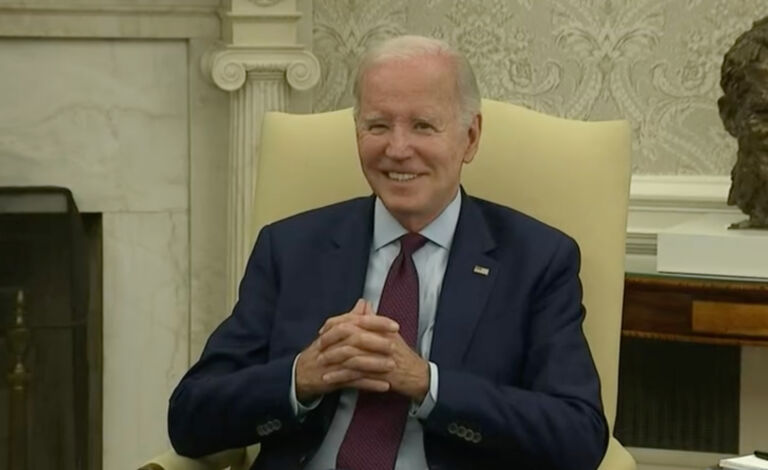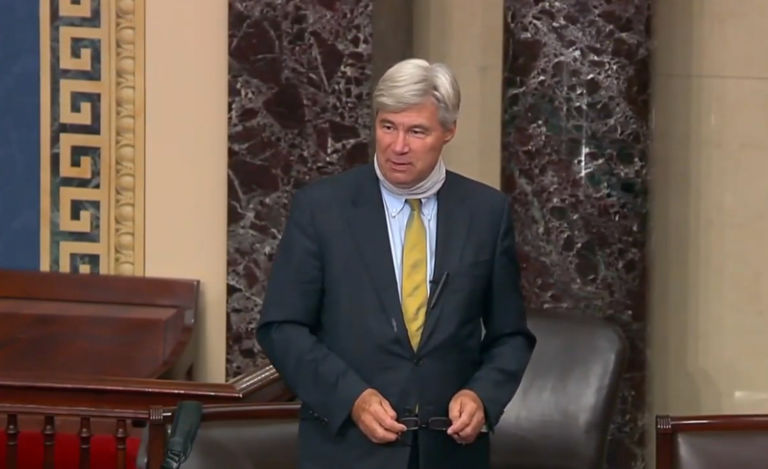I understand the solar industries’ desperate attempts to hang on to the very generous subsidies they have been enjoying at the expense of NC taxpayers for the last eight years. I mean who wouldn’t? If you made a product that the government had said every single consumer had to purchase, if you got a 35% state tax credit, a 30% federal tax credit and an 80% property tax break, and you got to keep all the profits yourself, wouldn’t you desperately try to hang on to it? But at some point those who were paying for your largesse will say no. That day has come in NC.
For an idea of what these subsidies look like, DENR reported in March (see page 9) that the total state renewable tax credits exceeded $281 M. More than the teacher pay increase last year, about half of the entire budget for the Dept of Environment and Natural Resources and more than 12 times what we paid on capital improvements last year – for the whole state. Not chump change.
In the latest attempt to hang onto the largesse, the solar industry argues that if the 80% property tax break goes away, as proposed in HB 760, new farms won’t be built and existing farms will go belly up. The assumption with that argument is that without the 80 percent property tax abatement, 100 percent of the solar farms will go away (and nothing goes in their place).
Worst case scenario in the future: Counties would lose $3.41 million in property taxes. The opposite assumption is that 100 percent of solar farms continue. Which means counties aren’t getting the full 100 percent property tax from them. Worst case scenario in the present: Counties are losing $13.65 million in property taxes. Is solar’s best-case, one-shot argument really that they cannot exist unless four-fifths of their property taxes owed to host counties must be forever abated? Are counties actually OK with this?
Let’s assume for the sake of argument all the solar companies close down and leave. With HB 760 (and perhaps an even stronger Senate version) energy costs go down. Coupled with lower taxes, fewer regulations, stronger infrastructure, they are replaced with other companies, perhaps a revived manufacturing sector that does not have to be propped up by other taxpayers. FOREVER.
The original argument that there were environmental benefits has proven to be untrue. All we’re left with is a very expensive bill, one that is driving up the cost of energy, costing jobs and slowing economic growth and recovery.
North Carolina’s rates have increased more than 2.5 times the national average since 2008. Increases in energy costs increase the costs of everything.
Job creation? A La Capra study warned, “….the job losses from higher total cost of electricity across the state may exceed the jobs gained through renewable development.”
If you can’t pay your bills without someone else paying part of it, you are not a self sustaining industry. At some point, those “boosts to get started” become a life long dependency – one taxpayers never agreed to and can’t afford.
When the property tax abatement was inserted into the 2007 SB3, the assumption was that solar farms would be set up on land that otherwise had little use and therefore little value. 20% of the property tax was more than the land was currently producing and therefore would encourage development in Tier 1 and 2 counties, in wetlands, etc. What has happened is the farms, with the help of mandates and tax credits, are flourishing on prime real estate. Farmland that normally would draw 50% property taxes, are now drawing only 20% from solar. And properties that might be a good location for a manufacturing site or other business are losing 80% local revenue.
The latest argument to hold on to the property tax break fails to mention that when you give a tax break to the solar guys, every other taxpayer in the county has to make up the difference. Low income, Tier 1and 2 residents are particularly hard hit. Actually, with the income these guys are getting (because if you include all the credits, they aren’t paying all the costs but are getting all the benefits) they should be paying 150% if the property tax rate in low income counties. I’m not kidding.
This is actually exactly the argument FOR eliminating the property tax abatement. If they can’t make it without sucking the blood out of local governments, they should go out of business. And everyone will be better off, and make way for companies that will pay their fair share.
Wait until these local landfills are faced with disposing of 20 year old toxic solar panels. If you think coal ash poses environmental hazards, wait until the arsenic and other toxic chemicals in solar panels are released in landfills across NC. At least with coal ash, we have Duke Energy to hold accountable and responsible. When the solar guys have made their profits, had their fun and are finished with NC taxpayers, they go bankrupt, disappear and local government’s waste disposal is left holding the bag. And taxpayers are left cleaning up the mess.
House Bill 760- freezing the RPS and price caps, eliminating the property tax break and starting a comprehensive energy study has generated a firestorm, backroom dealmaking and a flurry of desperate attempts by the solar industry to hold on to the gravy train at all costs. The problem is not that lawmakers may at long last address the failed and ill-conceived cronyism afforded the solar industry back in 2007. The problem is they have let this go on as long as it has.


